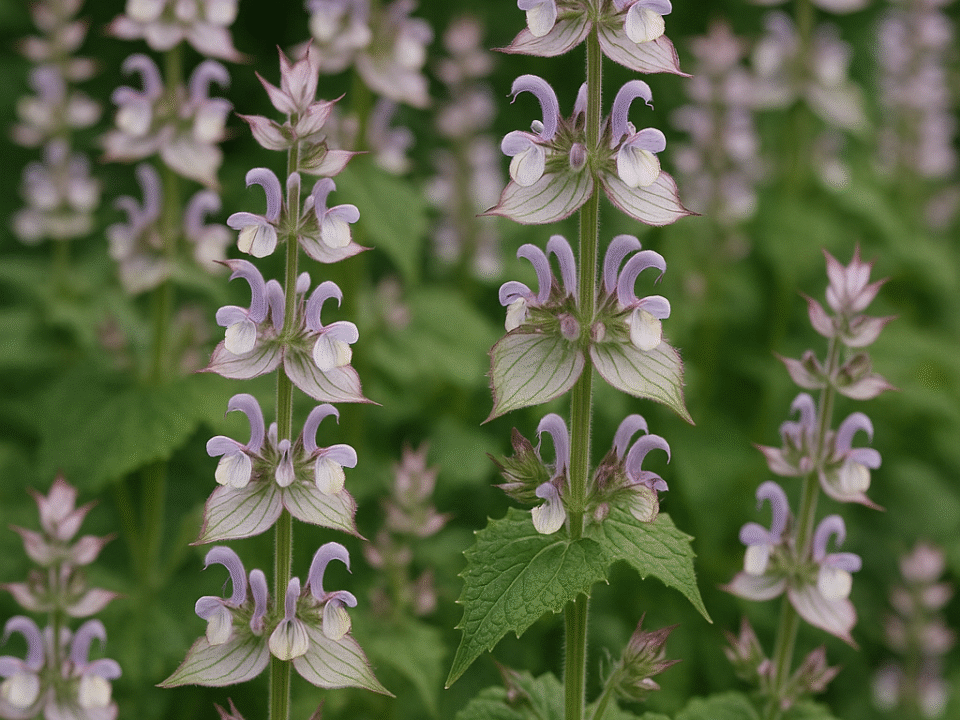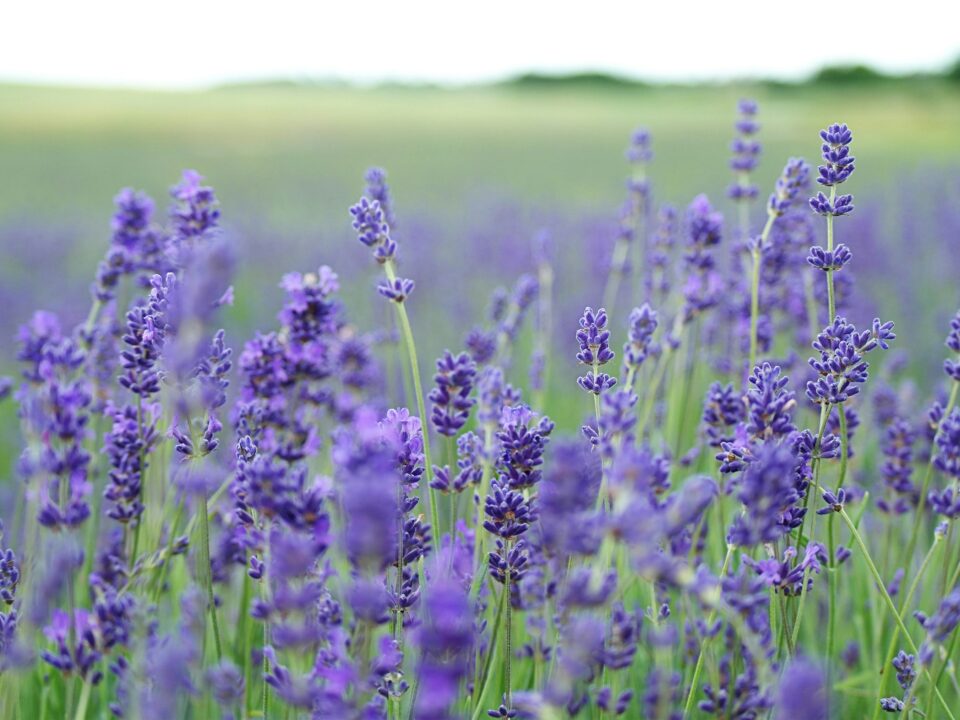
Shea butter is a fat derived from the nut of the African shea tree, Vitellaria paradoxa. In the wild, shea tree grows in the dry savannah belt of West Africa. Shea butter contains five essential fatty acids, predominately stearic (20-50%) and oleic acids (40-60%) as well as arachidic (<1%), linolenic (<1%), palmitic acid (2-9%), and linoleic acid (3-11%). Moreover, shea butter is rich in allantoin, vitamin A, vitamins E and D.
The active ingredient of shea butter is widely added into different skincare formulations, particularly emulsions, moisturizers, and masks. Raw shea butter is generally rubbed onto the skin as it is known to be an effective moisturizer and protector of the skin barrier. Refined shea butter is added as a moisturizing ingredient to different body creams, body butters, lip balms, and lipsticks.
Shea butter has moisturizing, nourishing, and soothing properties. It can make the skin more hydrated, softer, and plumper, especially during dry and cold winter months. Individuals with dry skin can benefit a lot from skincare products that contain shea butter.
Shea butter is a great hydrating agent and helps to calm the skin. It has the ability to deeply penetrate the skin and protect it during exposure to extreme temperatures. Moreover, it helps to heal peeling, cracked, and sunburned skin.
Lastly, shea butter helps to neutralize the damage caused by free radicals and reduce premature ageing. Free radicals are responsible for cell damage. Skincare products with shea butter help to slow down the formation of premature wrinkles and fine lines.
Some individuals are worried that using shea butter on regular basis can result in excessive moisturizing and clog the pores. However, shea butter is non-comedogenic and is not expected to clog pores. Individuals who have an allergy to tree nuts should avoid using products with shea butter. For individuals who are not allergic to tree nuts, the active ingredient of shea butter does not have major side effects and is safe to use on daily basis.



